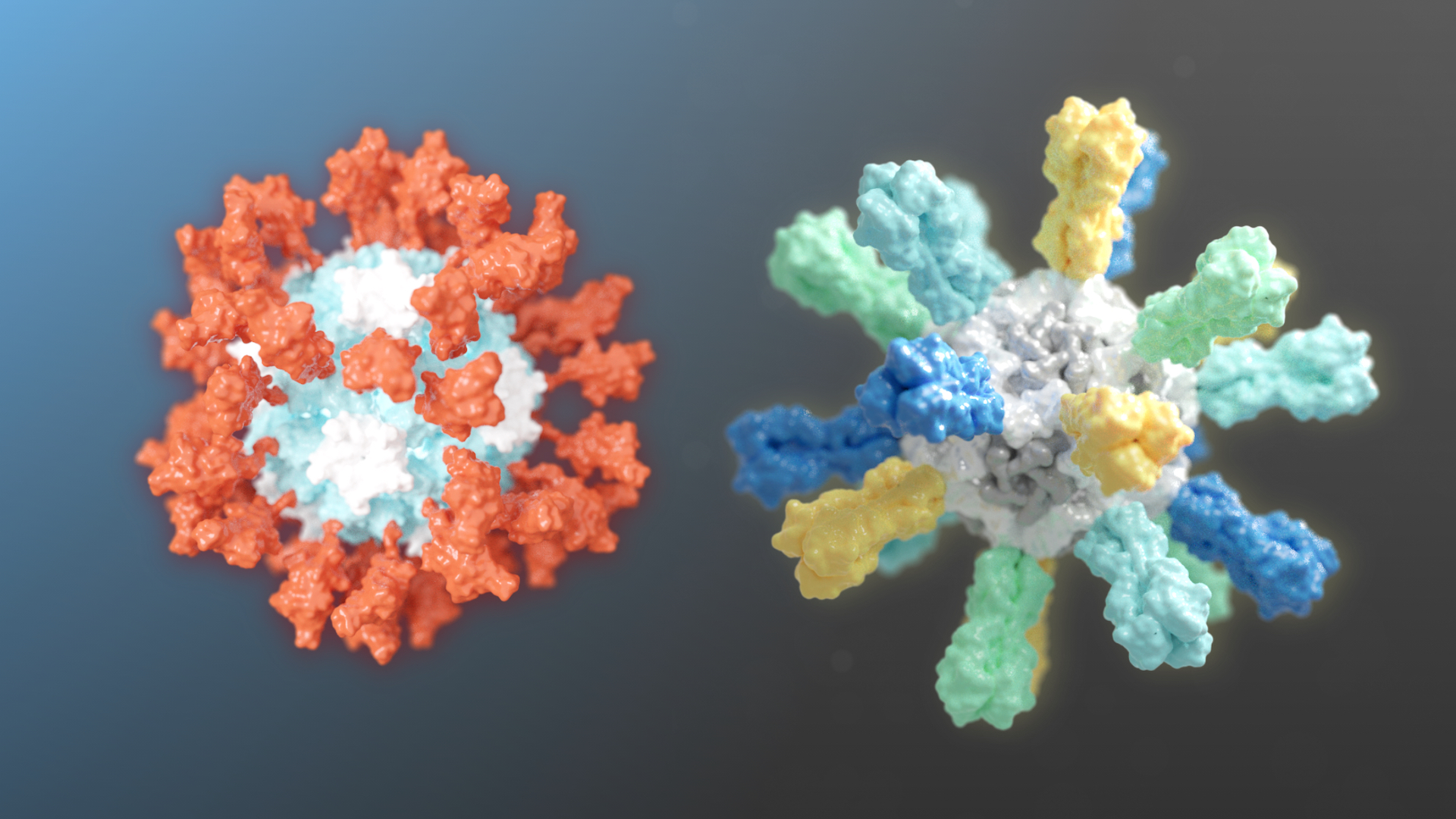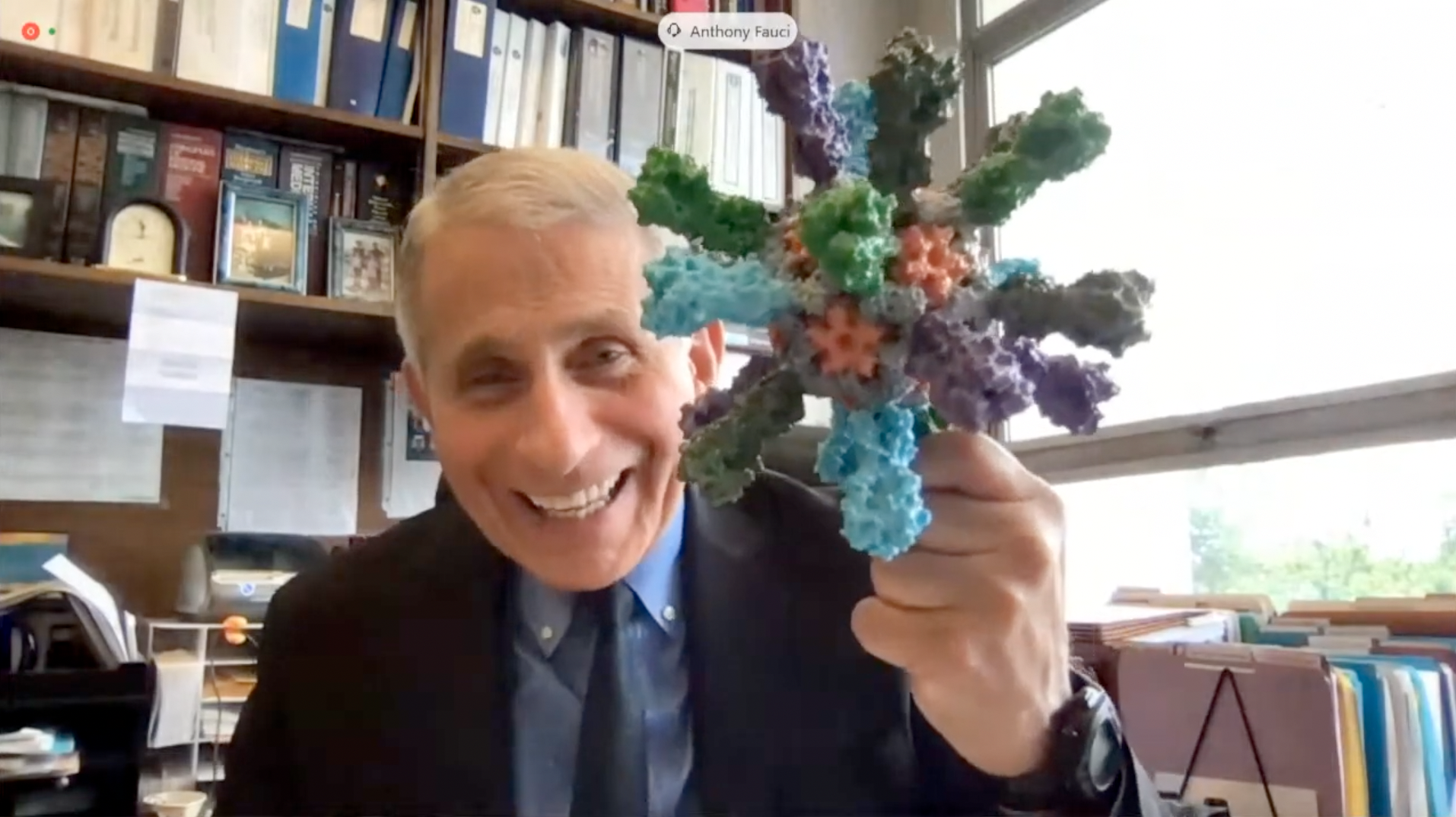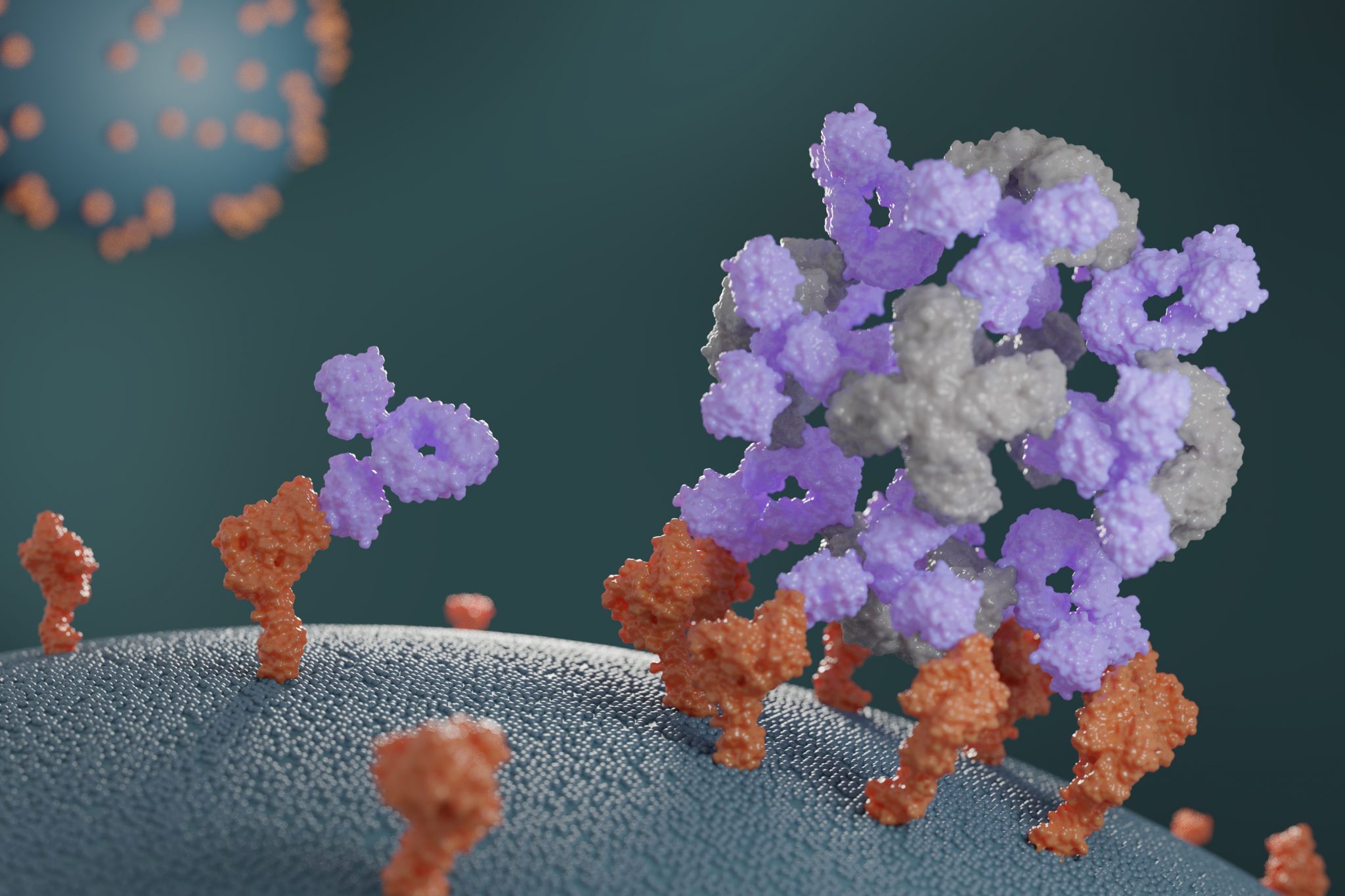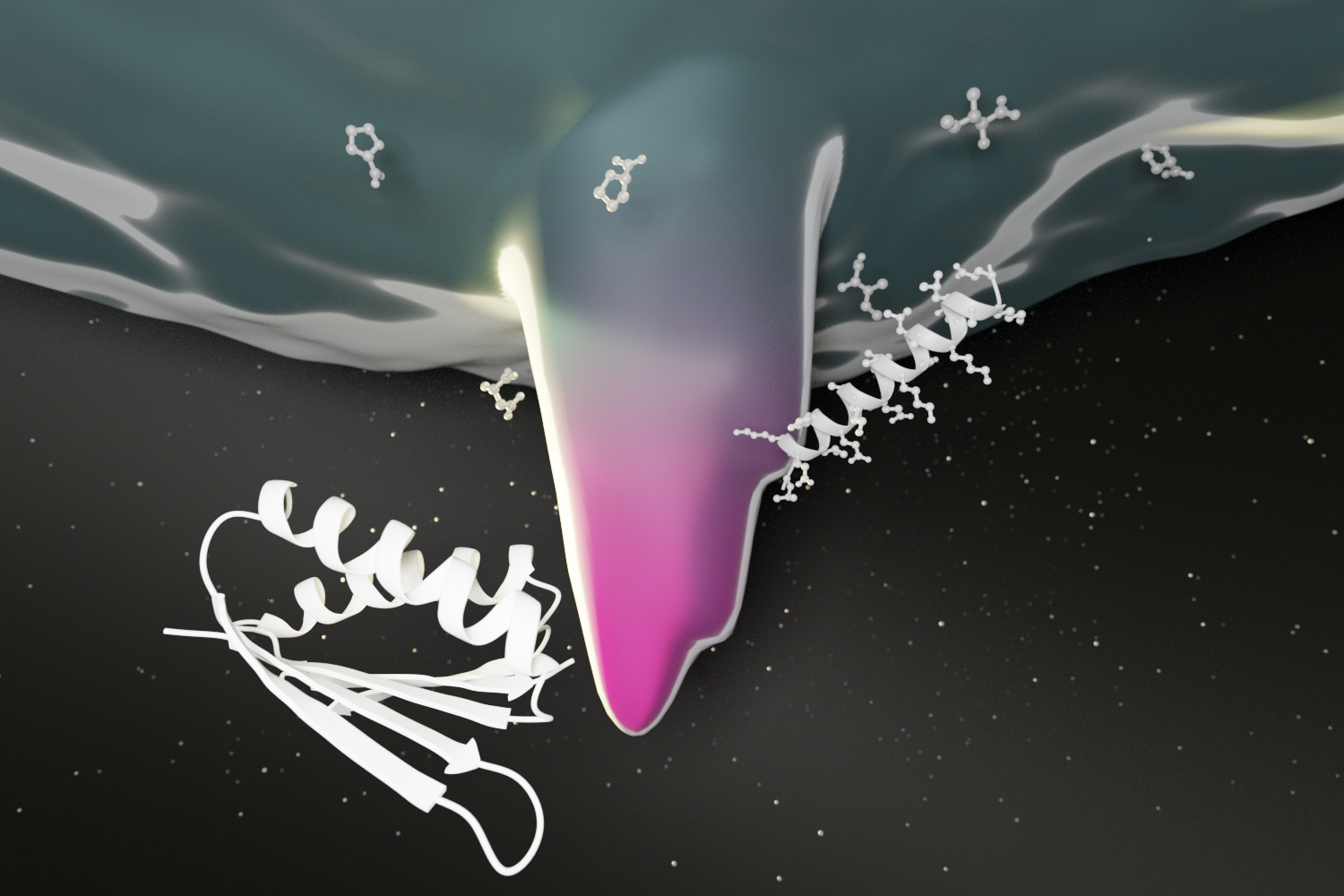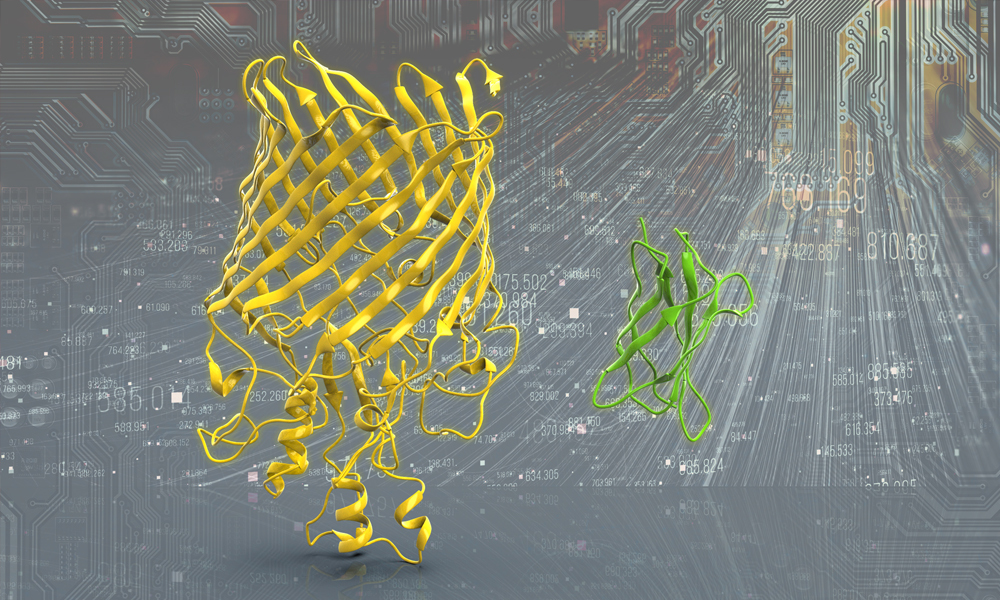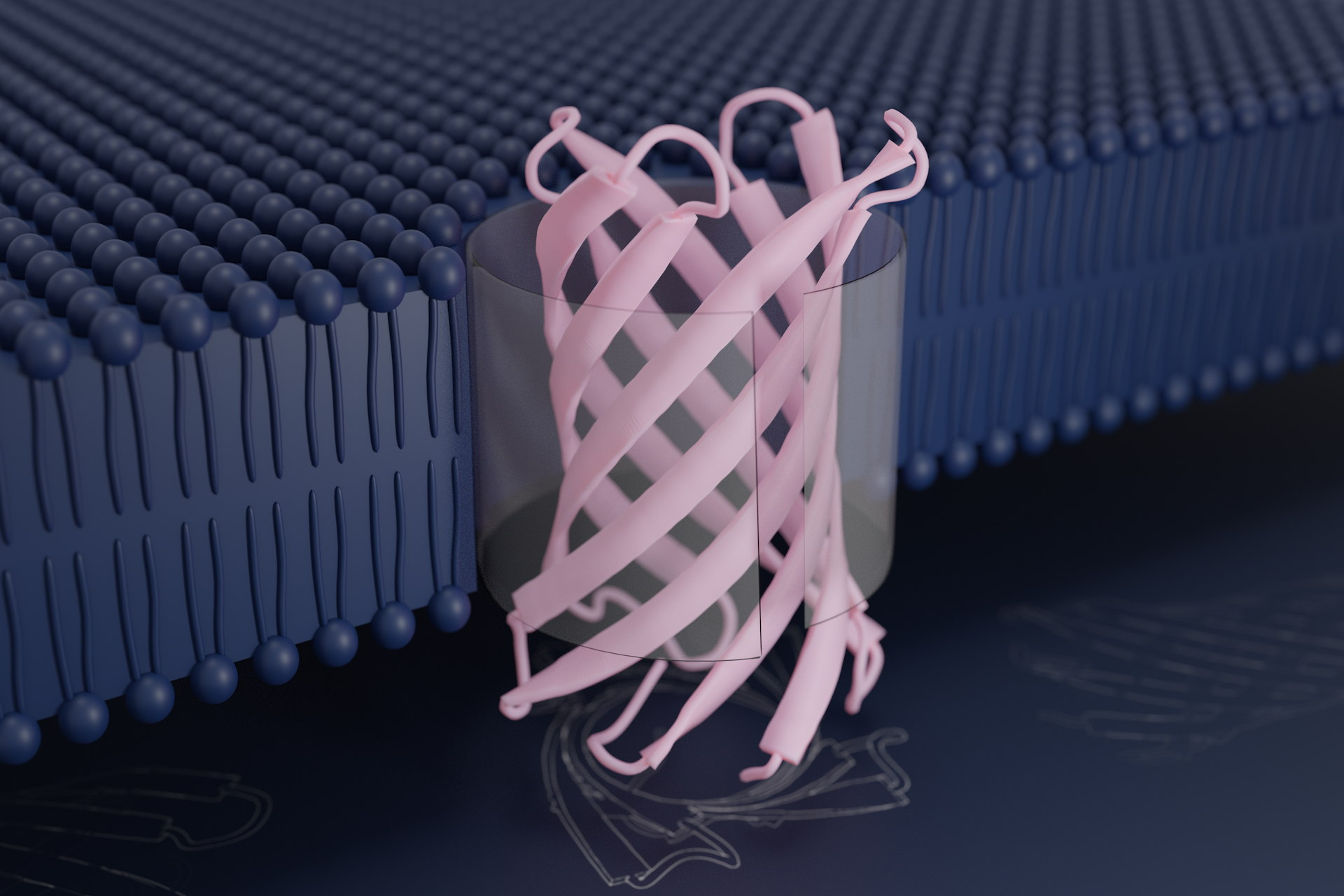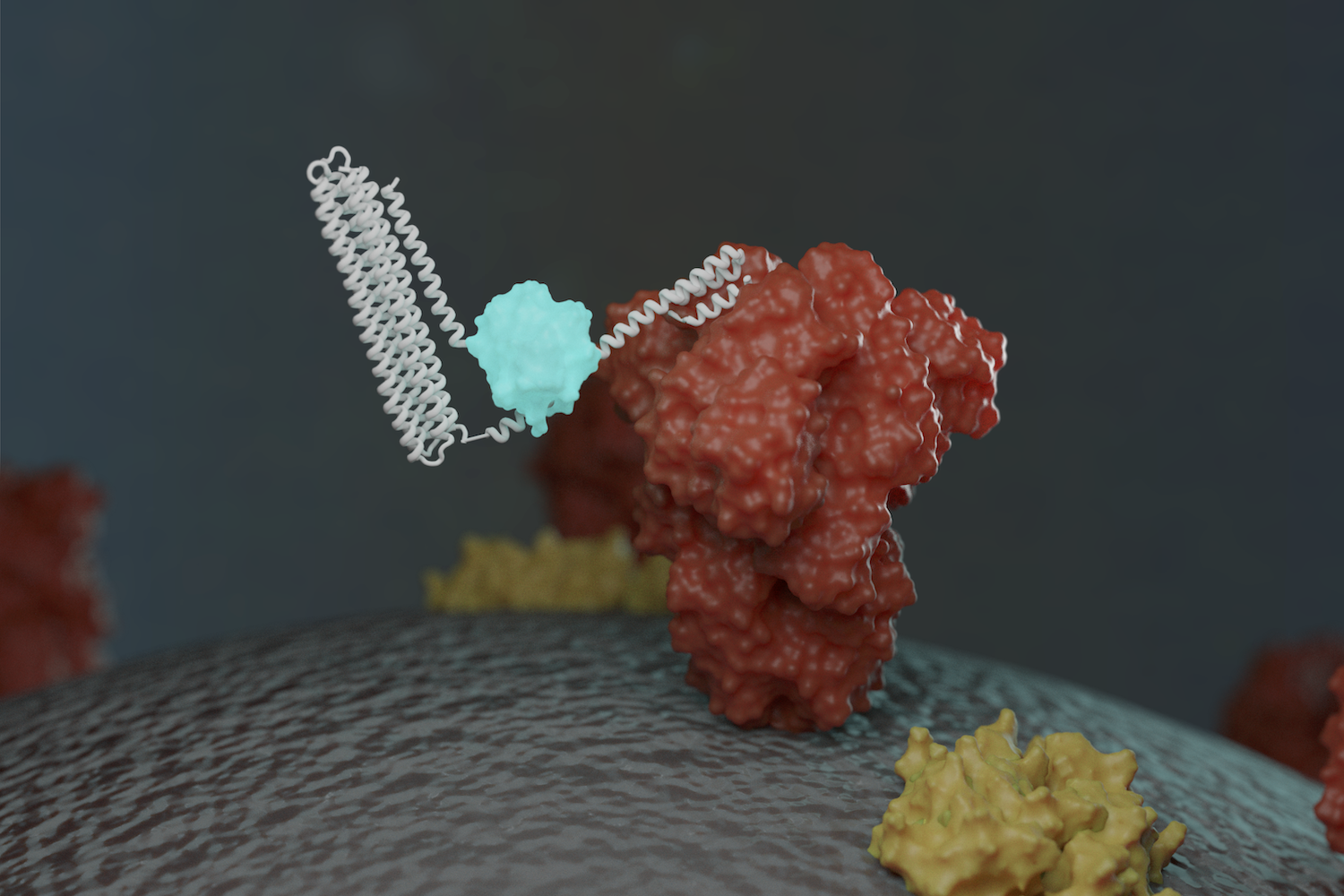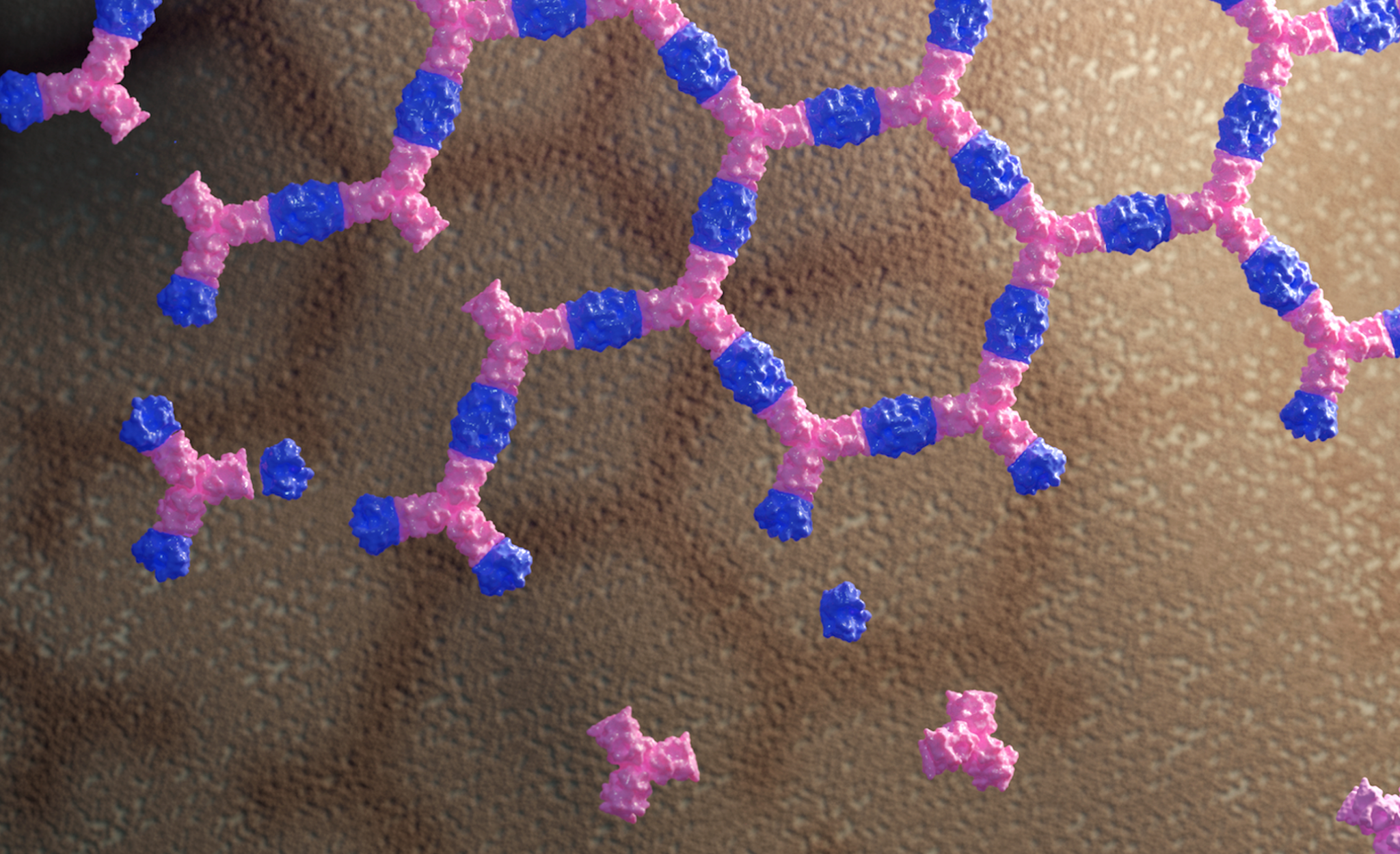Latest posts
-
Two nanoparticle vaccines enter clinical trials
Two different candidate vaccines developed by researchers at the Institute for Protein Design recently entered human clinical trials. GBP510, a candidate COVID-19 vaccine, is undergoing a combined Phase 1/2 trial. Flu-Mos-v1, a candidate mosaic influenza vaccine, is undergoing Phase 1 testing. Candidate COVID-19 vaccine Our SARS-CoV-2 vaccine candidate was created…
-
Nanoparticle flu shot blocks seasonal and pandemic strains
IPD researchers together with collaborators at the National Institutes of Health have developed experimental flu shots that protect animals from a wide variety of seasonal and pandemic influenza strains. The lead vaccine candidate has entered human clinical testing at the NIH. If it proves safe and effective, these next-generation influenza…
-
George Ueda and James Lazarovits awarded WRF translational funding
The Washington Entrepreneurial Research Evaluation and Commercialization Hub (WE-REACH) has announced investments in three new awards, including one to researches at the Institute for Protein Design, to expedite early-stage product development for promising biomedical innovations. The three awards are intended to reduce skin injury from wound dressing, to treat COVID-19…
-
Companion proteins enhance antibody potency
This week we report the design of new proteins that cluster antibodies into dense particles, rendering them more effective. In laboratory testing, such clustered antibodies neutralize COVID-19 pseudovirus, enhance cell signaling, and promote the growth of T cells more effectively than do free antibodies. This new method for enhancing antibody…
-
A deep learning approach to protein design
Scientists at the IPD and Ovchinnikov lab at Harvard have applied deep learning to the challenge of protein design, yielding a new way to quickly create protein sequences that fold up as desired. This breakthrough has broad implications for the development of protein-based medicines and vaccines. Computational protein design has…
-
trRosetta yields structures for every protein family
The field of protein structure prediction has greatly advanced in recent years thanks to increasingly accurate deep-learning methods. A new such method, called trRosetta developed at the Institute for Protein Design, has now made thousands of protein structures available via EMBL-EBI’s Pfam and InterPro data resource. More than 6300 protein structures have been predicted…
-
Design of transmembrane beta barrels
Biochemists have created barrel-shaped proteins that embed into lipid membranes, expanding the bioengineering toolkit. In a milestone for biomolecular design, a team of scientists has succeeded in creating new proteins that adopt one of the most complex folds known to molecular biology. These designer proteins were shown in the lab…
-
Dr. Berger awarded WRF translational funding
Washington Research Foundation (WRF) has provided a $250,000 grant to support work carried out by Stephanie Berger, Ph.D., on a new therapeutic for patients with inflammatory bowel disease (IBD). A grant of $50,500 from WRF in 2019 and an award from Washington Entrepreneurial Research Evaluation and Commercialization Hub (WE-REACH) in 2020 enabled Berger,…
-
New sensors detect coronavirus proteins and antibodies
This week we report [PDF] a new way to detect the virus that causes COVID-19, as well as antibodies against it. Scientists at the Institute for Protein Design have created protein-based sensors that glow when mixed with components of the virus or specific antibodies. This breakthrough could enable faster and more…
-
Protein patches boost cell signaling
Today we report the design of a new class of protein material that interacts with living cells without being absorbed by them. These large, flat arrays built from multiple protein parts can influence cell signaling by clustering and anchoring cell surface receptors. This breakthrough could have far-reaching implications for stem…

